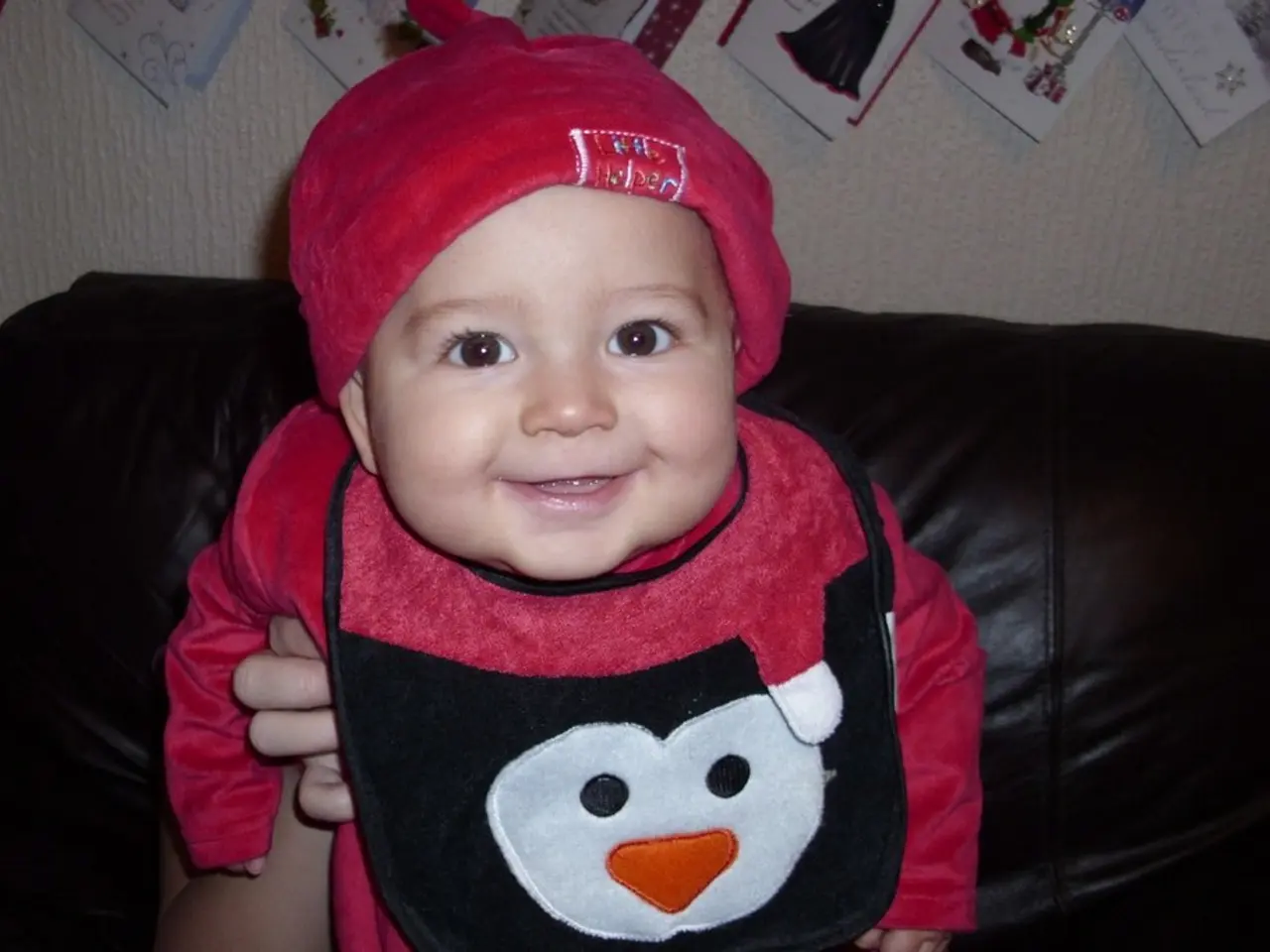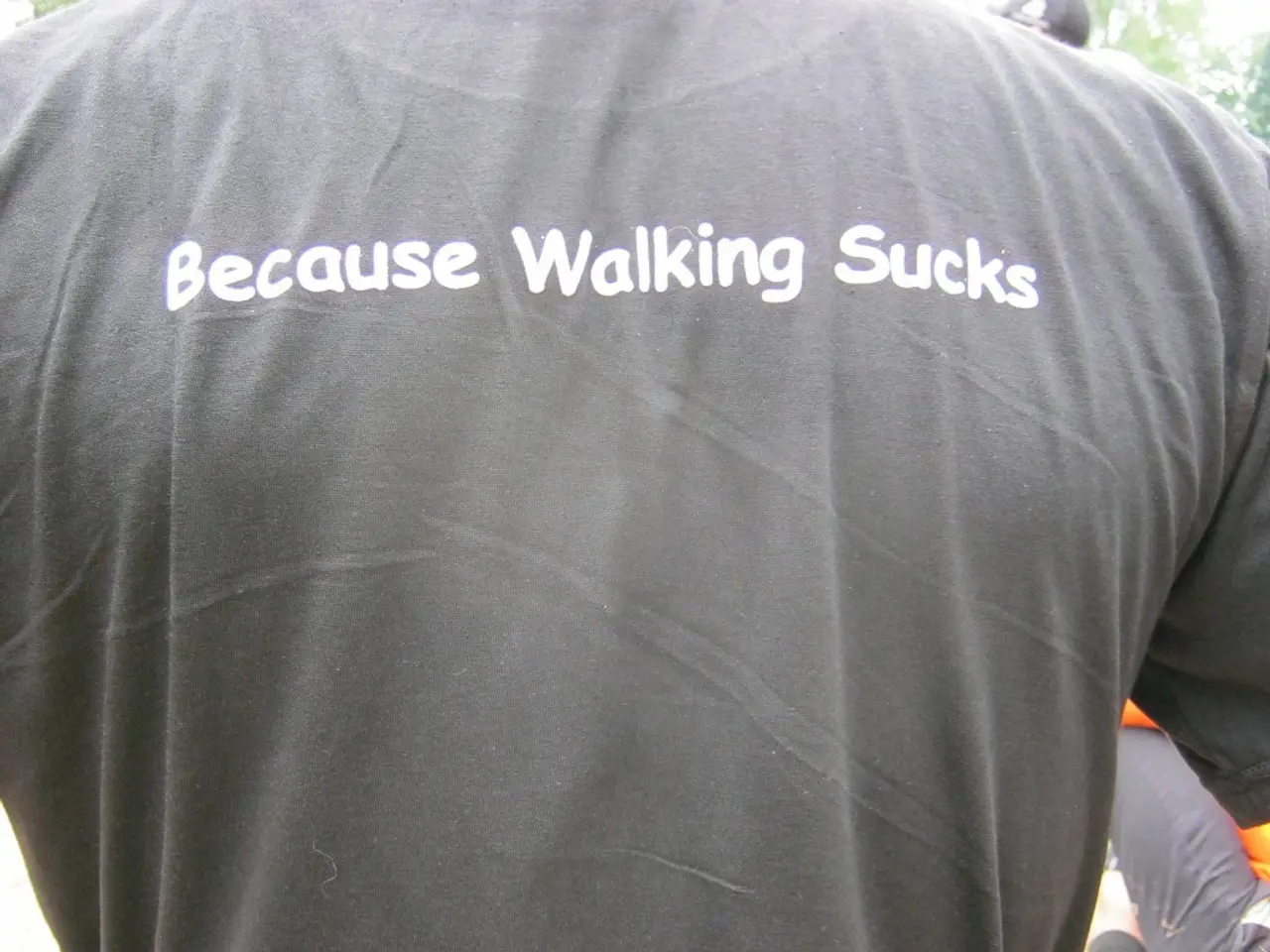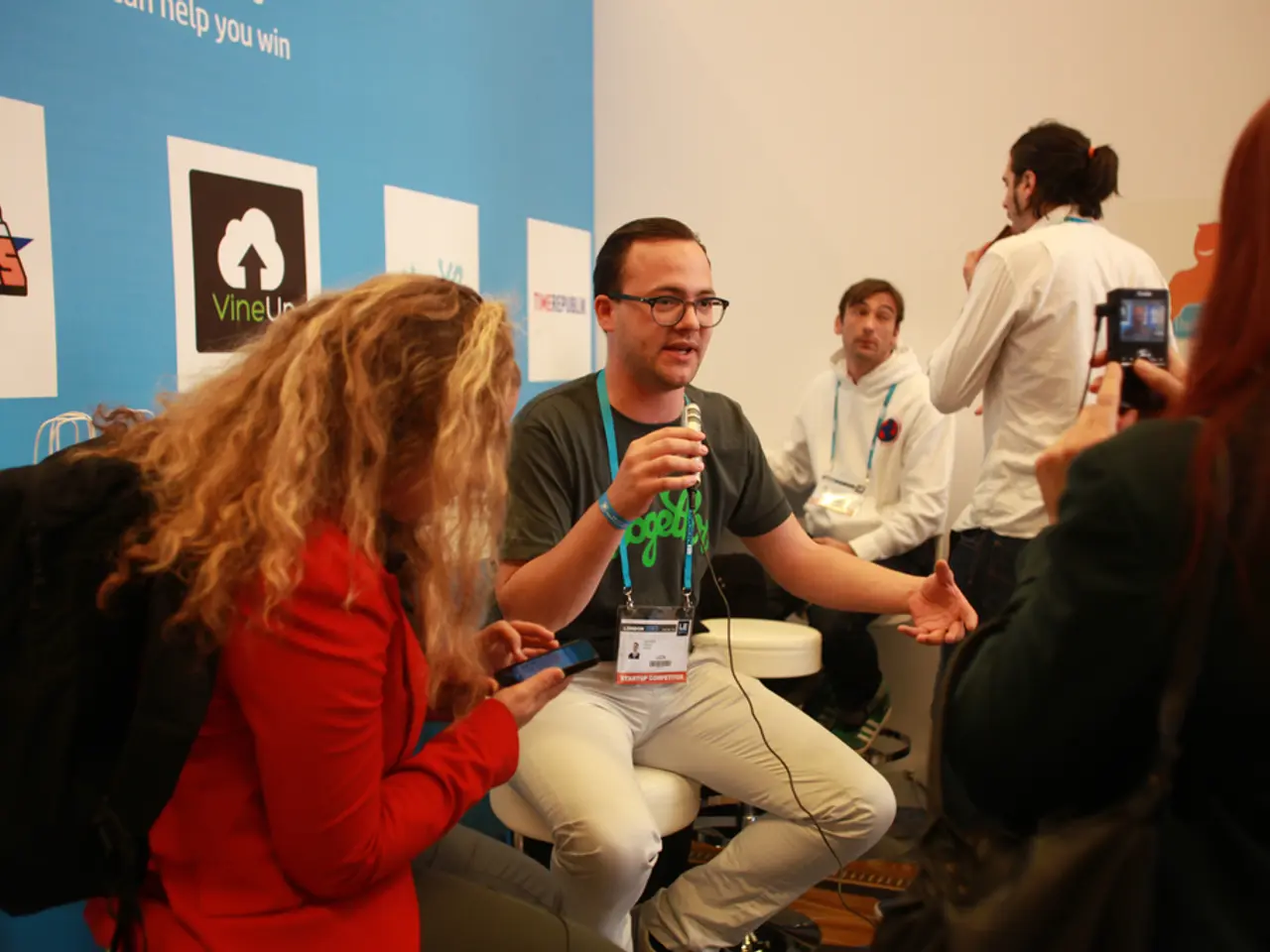Crucial Developmental Milestones in a Child's Early Years
Supporting Children's Developmental Milestones: BBMA's Age-Specific Programs
Children's development from infancy to age four encompasses physical, cognitive, social, and emotional milestones. To aid in this growth, age-specific programs offer activities tailored to these milestones.
Infants (0–12 months)
Infant programs focus on secure attachment through responsive caregiving, sensory exploration, and motor skill development. Tummy time, for instance, helps infants build head control.
Toddlers (1–3 years)
Toddler programs encourage safe exploration, language development through reading and conversation, and autonomy with choices and parallel play opportunities.
Twos and Threes (2–3 years)
Programs for this age group promote physical skills, such as climbing and balance, support language and cognitive skills, and develop social skills. Group activities are a key part of these programs.
Fours (4 years)
Preschool or programs for fours build on previous skills by introducing cooperative games, problem-solving tasks, and activities fostering empathy and self-regulation.
BBMA, a renowned provider of early childhood education, offers personalised insights and guidance based on a child's age and developmental profile. They invite parents to schedule a developmental consultation to discuss their child's unique needs and how their programs can support their growth.
To support development at home, BBMA recommends reading together daily, talking throughout the day, providing physical activity, limiting screen time, following the child's lead, creating consistent routines, and engaging in age-specific activities. For three-year-olds, they suggest arranging playdates, encouraging imaginative play with simple props, asking open-ended questions, and creating opportunities for decision-making and problem-solving.
BBMA celebrates individual differences and tailors their approach to each child's individual needs, taking into account temperament, learning styles, interests, cultural background, family structure, and more. Their educators monitor and support developmental progress through ongoing observation and documentation, individualised learning plans, regular parent communications, intentional classroom environments, differentiated instruction, early identification of potential concerns, and supportive referrals when needed.
For four-year-olds, BBMA's programs provide intentional pre-academic experiences in literacy, math, and science, project-based learning, social skill development, executive function practice, and preparation for kindergarten routines and expectations.
Certain signs that might indicate the need for additional support include not responding to sounds or their name, not making eye contact or sharing smiles, not babbling, not reaching for or grasping objects, not walking independently, not using at least 15-20 words, not imitating actions or words, loss of previously acquired skills, speech that is difficult to understand, significant difficulty interacting with other children, inability to engage in pretend play, extreme difficulty with transitions or changes in routine, and loss of previously acquired skills for infants, toddlers, and preschoolers.
BBMA's age-specific programs are designed to support a child's development at every stage, from infant care through Pre-K. Parents are encouraged to contact their local BBMA center to schedule a visit and learn more about how they can support their child's developmental journey.
Four-year-olds can hop on one foot, skip and gallop, draw people with body parts, use scissors with increasing precision, and develop handwriting readiness. Dr. Emily Johnson encourages parents to observe their child's joy in learning, their resilience when facing challenges, and their growing independence, rather than focusing solely on specific skills by specific ages. She also emphasises the importance of early support when needed and the adaptability of young children's brains.
[1] Centers for Disease Control and Prevention. (2021). Milestones: Developmental Milestones. Retrieved October 24, 2021, from https://www.cdc.gov/ncbddd/actearly/milestones/index.html
[2] Zero to Three. (2021). Developmental Milestones. Retrieved October 24, 2021, from https://www.zerotothree.org/resources/252-child-development
[3] Healthy Children. (2021). Developmental Milestones. Retrieved October 24, 2021, from https://www.healthychildren.org/English/ages-stages/baby/Pages/Developmental-Milestones-by-Age.aspx
[4] National Institute of Child Health and Human Development. (2021). Milestones: Developmental Milestones. Retrieved October 24, 2021, from https://www.nichd.nih.gov/health/topics/development/pages/default.aspx
- BBMA's age-specific programs offer activities to aid in child development from infancy to age four, focusing on physical, cognitive, social, and emotional milestones.
- For three-year-olds, BBMA recommends engaging in age-specific activities such as arranging playdates, encouraging imaginative play with simple props, asking open-ended questions, and creating opportunities for decision-making and problem-solving.
- BBMA's educators monitor and support developmental progress through ongoing observation and documentation, individualised learning plans, regular parent communications, intentional classroom environments, differentiated instruction, early identification of potential concerns, and supportive referrals when needed.
- BBMA's programs for four-year-olds provide pre-academic experiences in literacy, math, and science, project-based learning, social skill development, executive function practice, and preparation for kindergarten routines and expectations.




